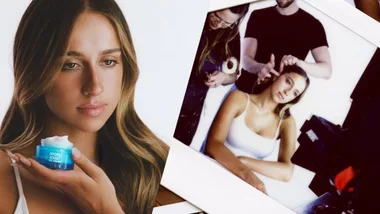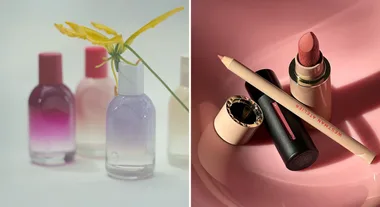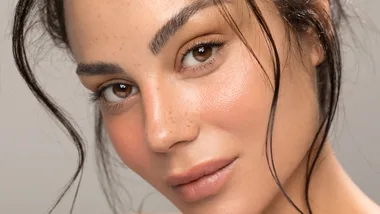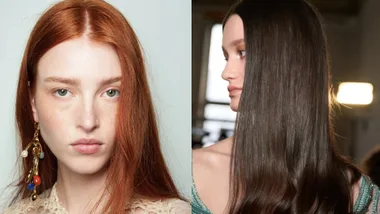Pollution. We all know it’s not so great for our health, but did you know it’s also bad for your skin? We hate to be the bearers of bad news, but pollution is actually the second biggest cause of facial skin ageing1 – second only to the sun.
Prolonged or repetitive exposure to both indoor and outdoor pollution harms the skin in myriad ways: it can lead to a decrease in collagen levels, trigger inflammation, and tiny atmospheric particles can ignite melanocytes2, with the cheeks and forehead often showing the first signs of pigmentation3.
Short of packing up your life and moving to the pristine environs of Byron Bay, there’s not much you can do about the air outside – but the air inside is entirely in your hands.
How to protect your skin against indoor pollution
No matter how many times you vacuum, the air within your home is full of gases and chemicals4. Paint can release pollutants and allergens; the foam found in some furniture can release formaldehyde gas; outdoor pollutants can be carried inside through windows and even your divinely scented Diptyque candles can release volatile organic compounds (VOCs) into the air as they burn. And don’t even get us started on your pet cat.
If you’re concerned about indoor air quality, one option is to invest in an air purifier like the Dyson Pure Hot + Cool Link purifier. It intelligently purifies, heats you in winter and has a fan to cool you in summer. In fact, it automatically captures gases and 99.95% of fine particles such as allergens and pollutants5.
What else to do
To protect skin against air pollution, dermatologists recommend daily use of broad spectrum sunscreen and cleansing (then moisturising) as soon as you get home. Introduce an antioxidant serum to your daily routine to help protect against environmental pollution when you’re out and about – look to ingredients like green tea, idebenone and vitamin C to neutralise the free radical damage caused by pollution.
Beyond skincare, eat antioxidant-rich foods like berries, oranges, sweet potatoes and dark leafy greens.
1Australasian College Of Dermatologists, May 2017.
2Air Pollution and the skin, University of Athens, 2014.
2Journal of Dermatological Science & Leibniz Research Institute for Environmental Medicine.
4US Environmental Protection Agency
5Particle capture tested to EN1822. Gaseous capture tested to JEM 1467 (acetic acid, acetaldehyde, ammonia) and GB/T18801 (formaldehyde, benzene) and DTM-003282 (NO2). Gaseous capture rates vary.










